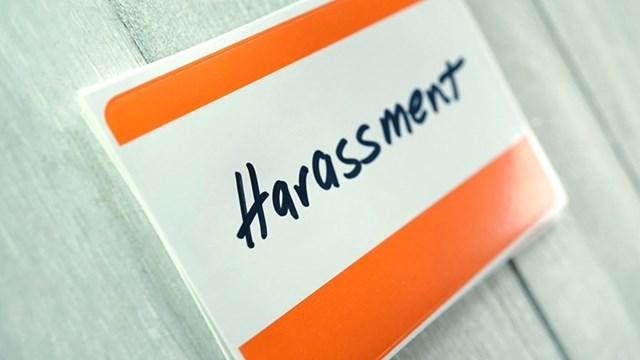
-- Frustrated Homeowner
“PREDFDA and its regulations require a developer to prepare a public offering statement (POS) which discloses ‘to prospective purchasers all unusual and material circumstances and features affecting the subdivision.’
“I agree with the questioner that, if known to the developer, the possibility of these off-site improvements being constructed directly across from the subject property should have been disclosed in the POS. Presumably, the developer was on notice as to these contemplated plans. The community is across the road from the area where the contemplated improvements were to be constructed. Therefore, the developer would have received the statutorily required notice of potential municipal consideration of the requested changes.
“Additionally, a developer is required to update a POS if there are any material changes to previously supplied information. If the consideration of the changes occurred after the publication of the original POS, the developer had a duty to amend the POS. The developer is also required to make annual reports of any changes to the New Jersey Real Estate Commission.
“In order to qualify for a remedy under PREDFDA, the affected landowner must prove a violation including any false, deceptive or misleading promotional or sales methods. Further, the affected landowner must be able to prove an ‘ascertainable loss of monies as a result of the failure of the developer to comply’ with PREDFDA.
“The violation may be easier to prove than whether the affected owner suffered significant damages, as the burden of proof of damages also falls on the affected landowner. In this case, that would require the use of licensed professionals who would determine the reduction in value of the subject real estate by the subsequent changes across from the property. Damages that can be imposed by a court include restitution of all monies paid or any other relief that the court may deem proper.
“In 1996, the New Jersey Legislature passed the New Residential Real Estate Off-Site Conditions Disclosure Act in 1996, which specifically precludes a homeowner from suing a developer under the Consumer Fraud Act if the developer complied with the requirements of this Act. However, that disclosure act does not apply to this matter. The disclosure act is limited to major off-site conditions like overhead electric transmission lines, sewer pump stations and similar significant facilities all of which are well beyond the scope of the activities listed by the questioner. Therefore, the buyers' right to sue under both the Consumer Fraud Act as well as PREDFDA would be available.”






Leave a Comment